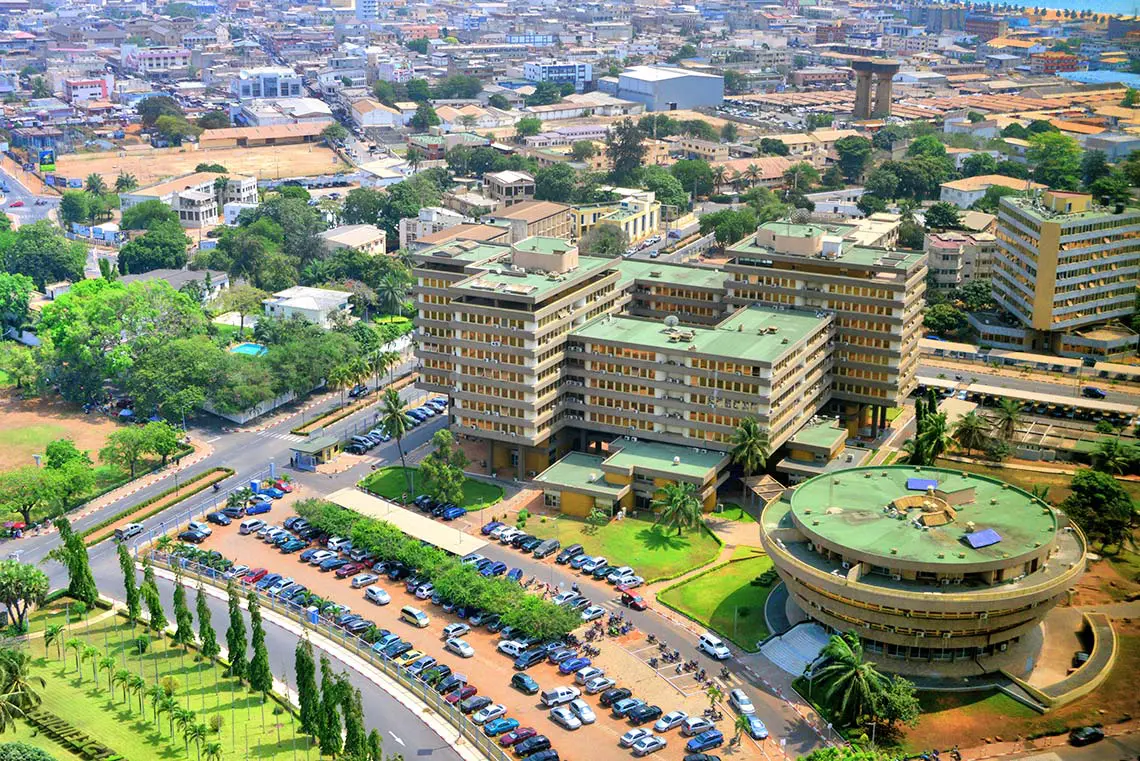
Togo’s main businesses
Togo, a small West African nation, has an economy primarily based on agriculture, trade, and a growing services sector. Despite its size, Togo has positioned itself as a regional trade hub due to its strategic location, free trade policies, and the Port of Lomé, one of the largest deep-water ports in West Africa. Below is an overview of Togo’s main businesses and industries.
1. Agriculture
Agriculture is the backbone of Togo’s economy, employing around 60-70% of the population. The country produces a variety of crops for both domestic consumption and export. Key agricultural products include:
Cotton: Togo is one of the leading cotton producers in West Africa.
Coffee and Cocoa: These are significant cash crops, contributing to export revenues.
Food Crops: Maize, cassava, yams, and millet are staple foods cultivated primarily for local markets.
Palm Oil: Togo also has a growing palm oil industry.
2. Mining and Natural Resources
Togo is rich in minerals, which are an important part of its economy. Key mining activities include:
Phosphate Mining: Togo has one of the largest phosphate deposits in the world and exports this mineral primarily for use in fertilizers.
Limestone and Marble: These are extracted for local construction industries.
Gold: Artisanal and small-scale gold mining is gaining prominence, especially in the northern regions.
3. Trade and Logistics
The Port of Lomé is a critical driver of Togo’s economy. It is a free port, making it a major hub for re-exports to landlocked neighbors like Burkina Faso, Niger, and Mali. The port’s strategic location and infrastructure allow businesses to thrive in:
Import-Export Trade: Togo imports machinery, consumer goods, and petroleum products while exporting agricultural produce and minerals.
Logistics Services: Freight forwarding, customs brokerage, and warehousing are key sectors supporting trade.
4. Manufacturing
The manufacturing sector is small but growing, focusing mainly on agro-processing and light industries. Key areas include:
Textile and Garment Production: Togo produces textiles for local and export markets.
Food and Beverage Processing: Local companies process coffee, cocoa, and palm oil for export.
Cement and Construction Materials: The demand for housing and infrastructure drives this sector.
5. Services Sector
The services sector is expanding, particularly in:
Banking and Finance: Lomé hosts the headquarters of the West African Development Bank (BOAD) and Ecobank, reflecting its importance in regional finance.
Tourism: Togo attracts visitors with its beaches, cultural heritage, and ecotourism sites like Kpalimé and Fazao-Malfakassa National Park.
Telecommunications: Companies like TogoCom are expanding internet and mobile connectivity across the country.
6. Informal Sector
The informal sector dominates the economy, employing a significant portion of the population. Activities include petty trading, artisanal crafts, and small-scale agriculture.
Challenges and Opportunities
Togo faces challenges such as reliance on commodity exports, infrastructure deficits, and youth unemployment. However, opportunities exist in areas like renewable energy, digital services, and industrial expansion. The government’s reforms, including the “Togo Roadmap 2025,” aim to make the country a logistics hub and improve business conditions.
In conclusion, Togo’s economy is diverse, with agriculture, trade, and services leading the way. Its strategic location and growing infrastructure present significant opportunities for local and international businesses to thrive.



Leave a Reply